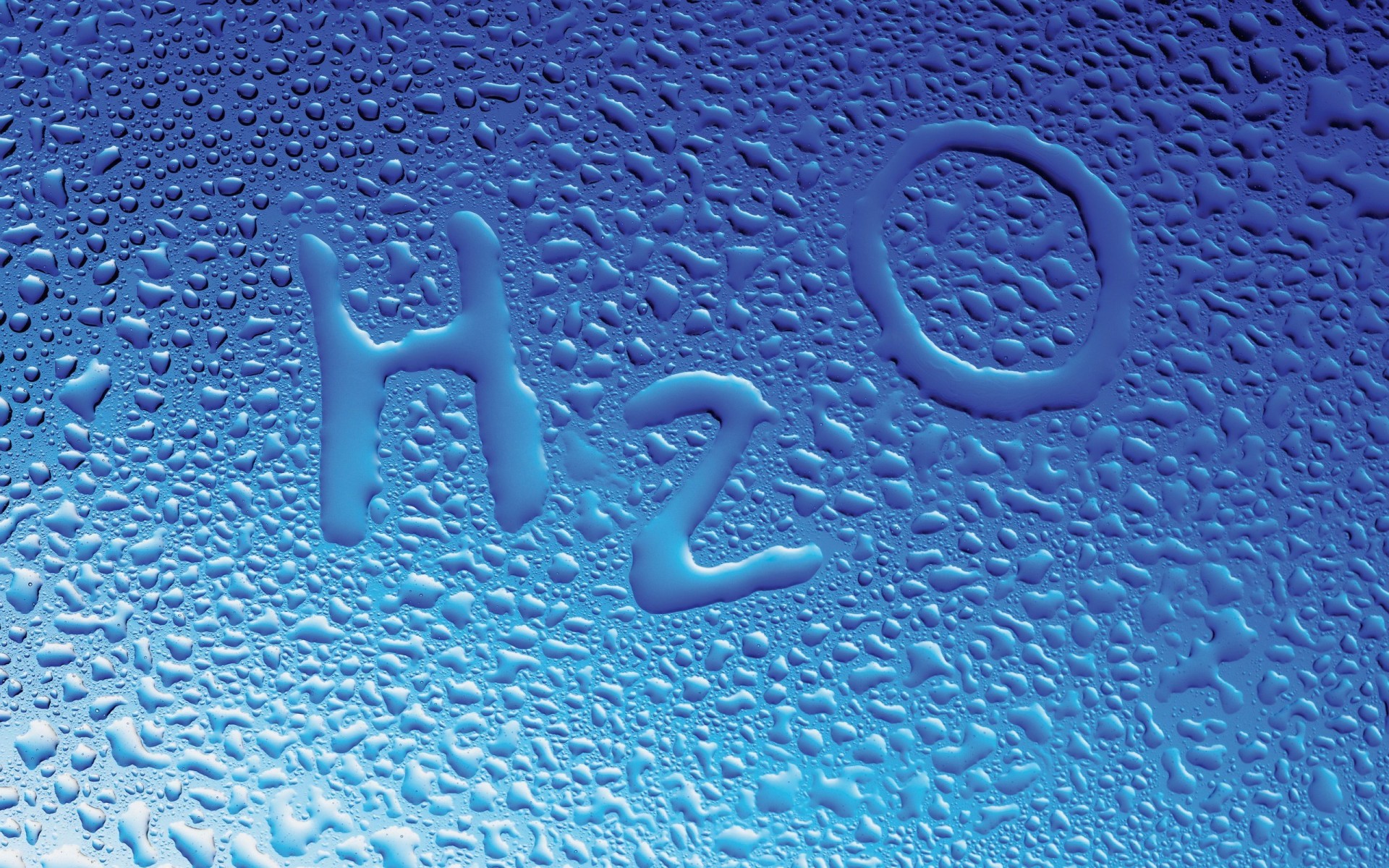You know that you are supposed to stay hydrated, but how much fluid do you need? What counts? Does it have to be plain water?
All these questions and more answered below…
Why do we need to stay hydrated?
The majority of our body, around 60%, is made up of water. It is required to allow the movement of cells such as red blood cells, nutrients, fuel sources such as sugar, fatty acids, and proteins, and many others through our body, as well as allowing for toxins to be removed from our system through the urine.
Just 1% dehydration can start to affect how well our body can function- including concentration, energy levels, reflexes, exercise capacity, and memory. To keep your body running as well as it possibly can, staying hydrated is a very important element- along with healthy balanced eating, adequate rest/sleep, and regular exercise.
Why do we become dehydrated?
We lose water through our breath, through sweat, our urine, and bowel movements. The hotter the environment, the more you sweat and need to rehydrate. Exercise is another factor that accelerates water loss- through both breathing and sweating. Even indoor heating where the air is dry can result in increased water loss through the skin.
Being unwell can also exacerbate dehydration such as through vomiting or diarrhoea, fever, infection, or draining wounds.
How much?
When it comes to daily fluid intake to keep you hydrated, you have probably heard the stock standard rule of 8 glasses a day. When professionals calculate daily fluid requirements, they often use the formula of 30ml/kg of body weight. So a 70kg person would need 70 x 30ml = 2100ml, or 2.1L a day.
For every hour of exercise you complete, it is a good idea to try and drink at least 1L of fluid as an estimate, or alternatively you can weight yourself before and after your workout, and replace every 1kg of weight lost with 1L of water.
Where from?
If this seems like a lot of water to you, it might help if you understand all the different sources of fluid in your day. About 20% of your fluid needs are actually met through the food that you eat, assuming you are following a healthy diet including the recommended serves of food groups.
For the 70kg person above, this is about 420ml. This means the total fluid for the day to get from liquid forms is 1680ml/day. Simplified, 1.7L a day, or 7 glasses of water… sounds pretty close to the general guidelines right?
Well what if you are heavier than 70kg? Lets say, 100kg? Thats 3L fluid a day, minus 600ml from food, 2.4L which is close to 10 glasses a day. This is where aiming for 8 glasses a day just won’t cut it if you are overweight/obese.
Luckily, this liquid form of fluids doesn’t need to come from just plain old water. Fruit or vegetable juices, milk, electrolyte drinks, ice blocks, herbal or black tea, coffee, soups, smoothies, cordials, and soda water all count. Just make sure that these are fitting in with your healthy eating plan- you do want to try and make the majority of your intake be through water to prevent excessive calories/sugar, and watch your caffeine intake through tea and coffee.
This all seems a bit complicated…
Before you pull out the calculator or start recording every ml of water you drink, there is one pretty easy way to tell if you are getting enough water, and that’s to check the colour of your urine. If it is colourless, or a very pale yellow, you can be pretty sure you are drinking enough.
Just remember that vitamins or other supplements can change the colour of urine, and a bright yellow colour can be seen even if you are fully hydrated. In this case, just make sure you aren’t feeling thirsty and are roughly consuming the right amount for your weight.
One last thing- it is actually possible to drink too much water, which saps the electrolytes from your body and can lead to a dangerous condition called hyponatremia. Although this is rare, it is something to be aware of- more is not always better.
And as always, you know your body, and everyone is an individual, so make your decisions about the amount of water you need based on your own individual circumstances, and then just enjoy the benefits to your physical and mental state from staying hydrated.

